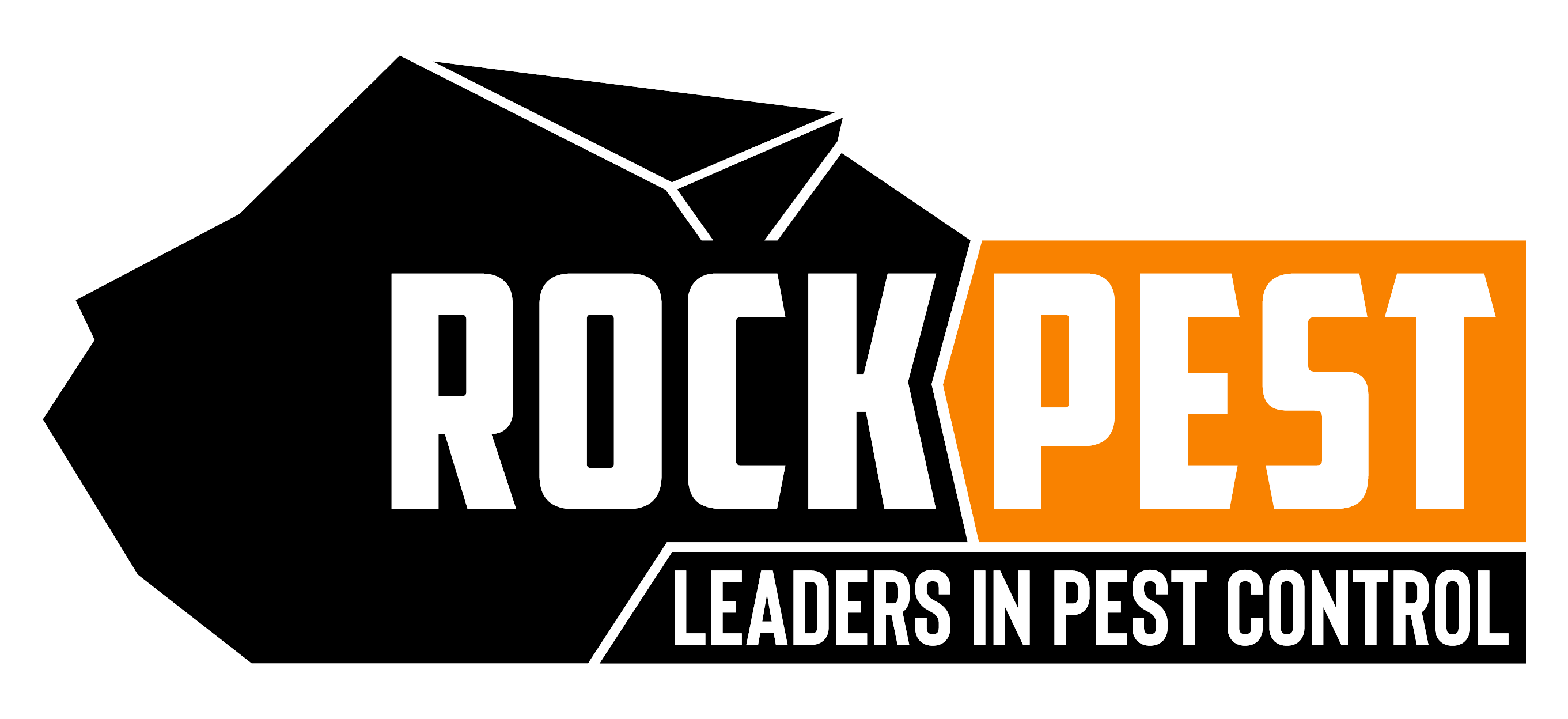Summer Giveaway Announcement
We’re excited to announce our Summer Bed Bug Treatment Giveaway, where each month this summer—May, June, and July—you have the chance to win a FREE bed bug extermination job valued between $1,500 and $3,500. No purchase is necessary to enter. Schedule your FREE inspection today and be part of the Summer Bed Bug Giveaway.

Pest control is crucial for maintaining the health and productivity of crops. Farmers and gardeners have long employed diverse methods to eradicate pests, using both organic and artificial approaches.
While these methods differ and have their respective pros and cons, this blog post aims to delve into the disparities between organic and artificial pest control and ascertain which proves more efficient.
Effective Organic Pest Control Solutions
Organic pest control is a natural way to manage pests without harmful chemicals. It utilizes plant oils, herbs, and other biological methods to control pests, aiming to maintain a balance between pests and natural predators while preserving crop quality.
One advantage of organic pest control is its minimal environmental impact. The natural substances used are safe for the environment, avoiding soil and water pollution. Moreover, it is cost-effective and easy to implement, making use of locally available resources.
However, a drawback of organic pest control is its potential lower efficacy compared to artificial methods. Controlling pests without chemicals can be challenging, and the availability of natural predators may vary. Additionally, organic pest control may not be as effective against certain pests as other artificial methods.
Efficient Artificial Pest Control Solutions
Artificial pest control involves the use of chemicals to eliminate pests from crops. This method is widely adopted in modern agriculture due to its effectiveness. Chemical pesticides are specifically designed to target and eliminate pests efficiently. A diverse range of pesticides, encompassing insecticides, herbicides, and fungicides, are employed for their intended purposes.
Artificial pest control offers a distinct advantage with its remarkable efficacy in swiftly eliminating pests. It aids in reducing crop damage and increasing yields. Moreover, extensive research and development in pesticides have resulted in numerous options for effectively controlling specific pests.
Nevertheless, artificial pest control comes with a considerable downside – its detrimental effects on the environment. Chemical pesticides have far-reaching consequences. Not only do they contaminate water and soil, but they also endanger natural predators and compromise crop quality. What’s more, even after washing, pesticide residues can persist on crops, presenting health risks to consumers.
Balancing Pest Control: The Organic Advantage and Artificial Efficiency
When it comes to pest control methods, organic and artificial approaches have their own pros and cons. However, organic pest control shines for being eco-friendly, chemical-free, cost-effective, and offering sustainable solutions.
Get More Information: Pest Control Independence, MO
In contrast, artificial pest control is highly efficient, quickly eliminating pests and boosting crop yields. However, it carries risks to the environment and potential health hazards due to pesticide residues.
Farmers and gardeners need to carefully weigh these factors before selecting a method. Overall, we recommend prioritizing organic pest control while minimizing the use of artificial methods to preserve the ecosystem.
Rock Pest Control offers the ideal solution for safeguarding your land while prioritizing your long-term sustainability objectives. Our customized organic pest control approaches cater to the unique requirements of every farmer, whether it’s preemptively combatting insect invasions or eradicating invasive weed populations. Reach out to us now and discover how Rock Pest Control can optimize your yield while ensuring environmental safety.